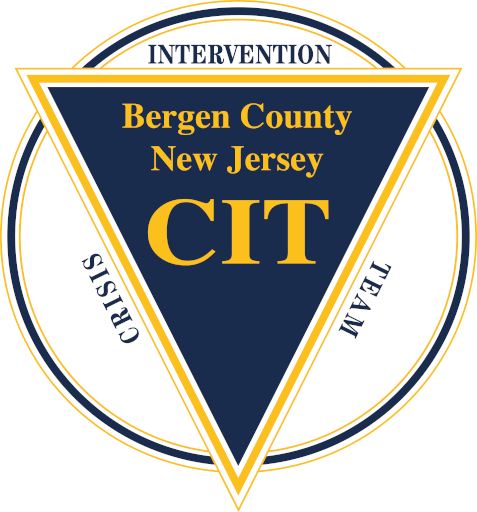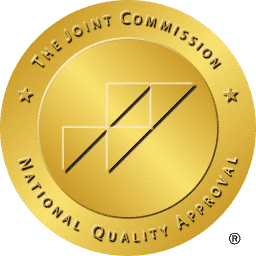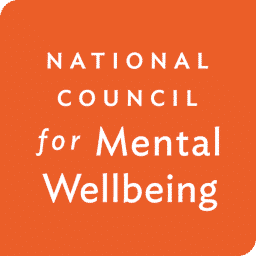What are Hallucinogens?
Hallucinogens are drugs that cause hallucinations. They can be natural or man-made. The term hallucinogen refers to many different drugs, which are often called “psychedelic” drugs.
The term hallucination is derived from the Latin word “alucinari” which means “to wander in the mind”. Hallucinations are a type of altered state of consciousness, which can be described as a break from reality.
A hallucination is a sensory perception in the absence of external stimuli. This may involve any one or more senses, such as sight, hearing, taste, smell, and touch.
Hallucinogens are drugs that cause an altered state of consciousness. They can produce a range of different effects, including sensory distortions, feelings of dissociation, and intense changes in mood. There are many different types of hallucinogens, but they all share the same basic mechanism: they work by over-stimulating the serotonin receptors in the brain.
Psychedelic Drugs
Psychedelics are a broad class of drugs that alter perception and cognition, typically by agonizing serotonin receptors in the brain.
This broad class of drugs can be classified into three categories. These categories are psychedelics, dissociatives, and deliriants. Psychedelics are substances that typically cause hallucinations or altered states of awareness. Dissociative drugs do just that; they disrupt the connection between different parts of the brain. Deliriants produce hallucinogenic effects but with lower intensities than psychedelics or dissociative drugs.
There is no one single drug in this category but there are many examples such as lysergic acid diethylamide (LSD), DMT, mescaline, MDMA (ecstasy), and psilocybin mushrooms (hallucinogenic mushrooms)
Types of Hallucinogens
Classic Hallucinogens
Hallucinogens are a class of drugs that lead to hallucinations. They can be found in a variety of plants and fungi. A hallucinogen is a psychoactive agent which affects the mind by producing sensory distortions or hallucinations. Classic hallucinogens cause perception-altering effects by acting on neural circuits located in the brain that use the neurotransmitter serotonin.
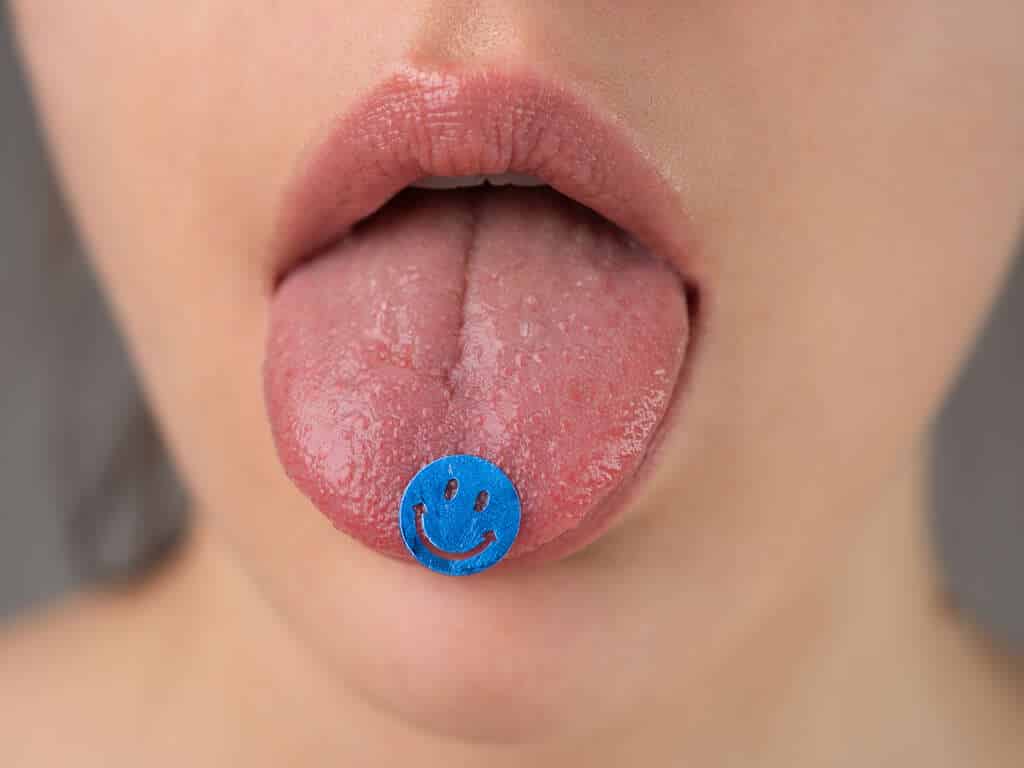
Psilocybin
Psilocybin is a classic hallucinogen that causes feelings of relaxation (similar to effects of low doses of marijuana), nervousness, paranoia, and panic reactions, and introspective/spiritual experiences. It is a naturally occurring psychedelic substance that is produced by more than 200 species of fungi.
Lysergic Acid Diethylamide (LSD)
LSD is a psychedelic drug that alters the user’s perception of reality. It can be used as a recreational drug, but it has also been used as an experimental treatment for disorders such as alcohol dependence, depression, or other mental disorders.
Users typically take LSD by swallowing or snorting small tabs of paper soaked in the chemical. The effects usually last about 12 hours depending on dosage and tolerance to the drug.

Dissociative Drugs
Dissociative drugs are a type of hallucinogen that cause a person to feel detached from their surroundings and their body.
Dissociative drugs, such as ketamine and PCP, are a type of hallucinogen that causes people to feel detached from their surroundings and their body. These types of drugs can be addictive and dangerous.
Ketamine
Ketamine—also known as K, Special K, or cat Valium—is a dissociative currently used as an anesthetic for humans as well as animals. Much of the ketamine sold on the street has been diverted from veterinary offices
PCP
PCP (Phencyclidine)— also known as ozone, rocket fuel, love boat, hog, embalming fluid, or superweed—was originally developed and used as a general anesthetic for surgery. While it can be found in many different forms, including capsules or tablets, it is usually sold as a powder or liquid.
What are Designer Drugs?
Examples of designer drugs include PMA (paramethoxyamphetamine) 2-CB (4-bromo-2,5-dimethoxyphenethylamine), MDMA (ecstasy, 3,4-methylenedioxymethamphetamine), TMA (trimethoxyamphetamine), STP (2,5-dimethoxy-4-methylamphetamine), and arylcycloalkylamines, such as ketamine and PCP (phencyclidine). When abused at high doses, PCP can cause hallucinations, seizures, and coma.
Hallucinogen Side Effects
Hallucinogens change a person’s perception and reality by altering their state of mind. Many hallucinogens have chemical structures similar to those of natural neurotransmitters (acetylcholine-, serotonin-, or catecholamine-like).

Hallucinogen use can cause a variety of side effects, such as:
Distortion of the sense of time and space
Visual hallucinations (seeing things that aren’t there)
Auditory hallucinations (hearing sounds that aren’t there)
Feelings of confusion and dizziness
Anxiety and panic attacks
Loss of appetite
How Do Hallucinogens Affect the Brain?
Recent research indicates that hallucinogenic chemicals work in a way that temporarily disrupts the communication between chemicals in the brain. Some hallucinogenic drugs interfere in action by affecting chemical structures in the brain and spinal cord, along with the neurotransmitter serotonin.
Dissociative drugs cause their effects by primarily disrupting the actions of the brain’s glutamate system while, classic hallucinogens are thought to affect neural circuits in the brain involving the neurotransmitter serotonin.
Hallucinogens and Medicine
Hallucinogenic substances can be found in natural substances like peyote cactus, and mushrooms. Hallucinogens have been used for religious or spiritual purposes for centuries. But their use can lead to serious harm and mental illness, so they are illegal to use in most countries.
In recent years scientists and the National Institute for Drug Abuse have been studying hallucinogens for possible emergency medicine and other medical uses such as depression or anxiety treatments for mental health. Some of these studies might even lead to the discovery of new drugs that could be used as medicines.
Hallucinogens and Bad Trips
Hallucinogen is an unpredictable drug. Hallucinogen bad trips can be terrifying and dangerous. They can also be a one-time experience that a person never wants to experience again.
Even after taking the first ’trip of a lifetime’ there can be dangerous or uncomfortable side effects. Bad trips can happen even with one time of hallucinogen use. Symptoms may include night terror attacks, out of body experiences, or paranoia and nausea.
Dangerous Side Effects of Hallucinogens
Hallucinogens are not illegal to use, however, they can have very dangerous side effects.
When people take hallucinogens, their body temperature may rise to dangerous levels and their blood pressure may become very high. There is also a chance for adverse reactions like seizures and heart attacks.
It is also possible that a person might not know what they are taking because the drugs are often misrepresented as other substances. Club drugs often are not labeled, and the active ingredient is unknown to the user.
Hallucinogen Drug Abuse
Hallucinogen drug abuse is the use of hallucinogens like LSD or psilocybin mushrooms that can lead to addiction. The drugs have a long-term effect on the brain, which causes hallucinations and an altered sense of reality.
Typically, abuse begins with hallucinogen drug dependence or when a person starts to depend on the drug to feel “normal.” Dissociative drugs like hallucinogens are not as highly abused as other drugs. When a tolerance to hallucinogens is built up, a person will need higher doses in order to achieve the same effect.
Are Hallucinogens Addictive?
Sometimes, yes. Evidence suggests that people can develop a certain tolerance to hallucinogens, resulting in addiction. For example, LSD is not considered an addictive drug because it does not cause someone to have uncontrollable drug-seeking behaviors. LSD is known to produce a tolerance, some hallucinogen users who take the drug frequently will need to take a larger dose to achieve the same affect.
Some users who are taking the drug often need more doses for a better result. This is a potentially dangerous procedure because of its unpredictable nature. A similar phenomenon occurs with LSD, which can be tolerated with other hallucinogens, such as psilocybin. It is not clear what the addiction potential is for users of DMA. Unlike other hallucinogens DMT has no apparent tolerability.
Can Someone Overdose on Hallucinogens?
It depends on the type of hallucinogen drug. Many traditional and highly addictive hallucinogenic agents can create unpleasant and dangerous experiences when taken in high doses, although it is not necessarily deadly.
Several medical emergency incidents and adverse effects have been reported with hallucinogen drug use. Often the doses are high with dissociable drugs. Medications with excessive PCP can result in seizures, death or a fatality. A combination of benzodiazepines and PCP may also result in a coma.
Hallucinogen Persisting Perception Disorder
Hallucinogen Persisting Perception Disorder can be caused by drug use or using other substances. Hallucinations are not just visual, they can also be auditory, tactile, and olfactory. An olfactory hallucination causes a detection of smells that are not actually present in the environment.
The most common hallucinogens that cause this disorder are LSD, psilocybin mushrooms, and peyote.
Careplus New Jersey Addiction Treatment
Watching someone you love to suffer is heartbreaking, and you do not need to go through it alone. CarePlus NJ uses an evidence-based, person-centered approach to offer healing and support for families that have impacted by addiction. In addition to support services that are free-of-charge, our team can also help to navigate your loved one into recovery and treatment when they are ready.
Disassociates
Dissociates are a type of hallucinogenic drug that cause the user to feel detached from their body and environment. These drugs can be addictive and may lead to withdrawal symptoms.
Dissociative drugs are not addictive because they produce a sense of detachment instead of euphoria. They can be used in medical settings for anesthesia and pain relief. Dissociative drugs are also used recreationally for their hallucinogenic effects.
What is DMT?
DMT is a popular psychedelic drug that is used for spiritual purposes. It is also used recreationally.
Bad Trips on Acid
In the late 1960s, a new form of LSD was being manufactured in underground labs. The drug was distributed on small pieces of blotter paper and sold as LSD. The acid contained a mixture of drugs, including PCP and methamphetamine, which caused people to have bad trips on acid.
The drug was originally thought to be a solution to the problems that plagued America during this time period, such as the Vietnam War and the civil rights movement.
A bad trip can be triggered by a number of factors including:
The user’s environment
The user’s mindset before taking the drug
The user’s expectations of what will happen when they take the drug.
Some people believe that bad trips are more common among inexperienced users who are not aware of what to expect when taking LSD.

Psychoactive Drugs
Psychoactive drugs can be classified into three groups: depressants, stimulants, and hallucinogens. Depressants include alcohol and benzodiazepines such as Valium. Stimulants include amphetamines such as Adderall or cocaine. Hallucinogens include LSD or PCP.



